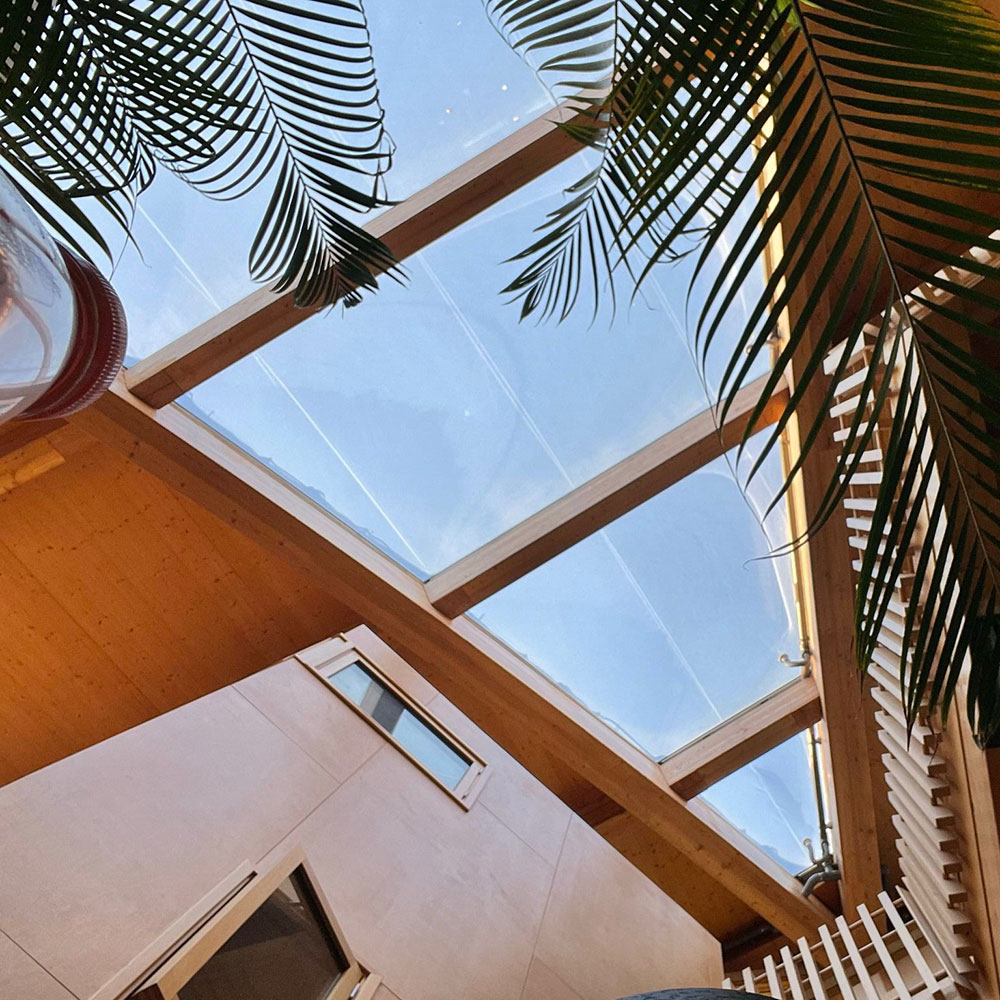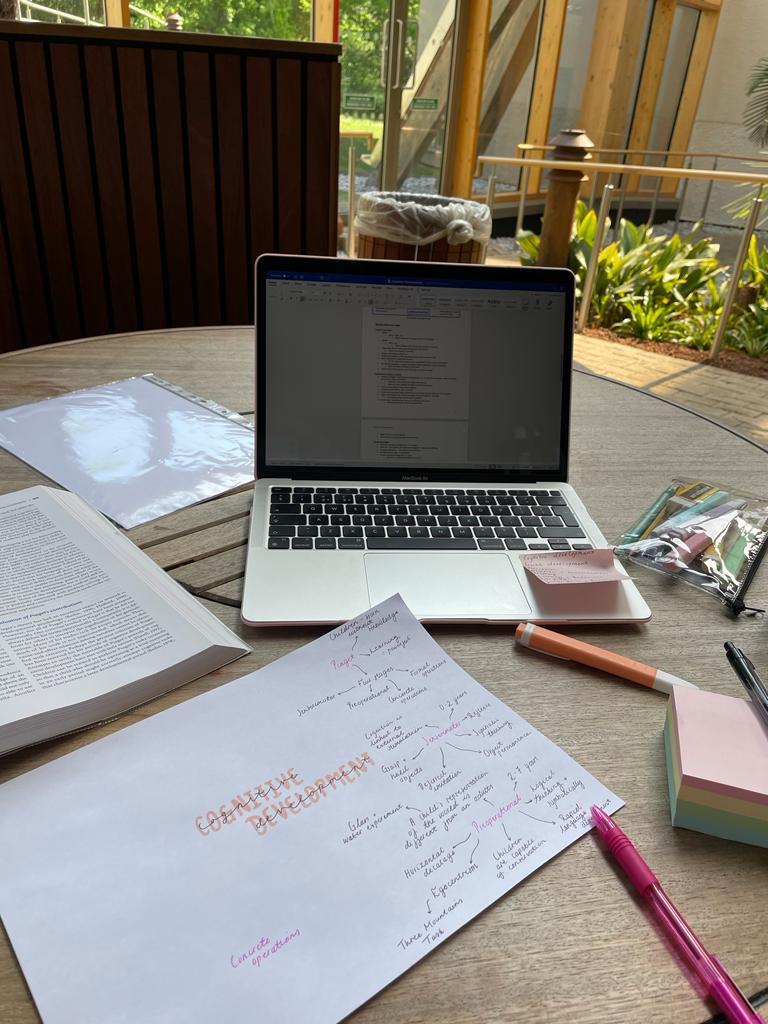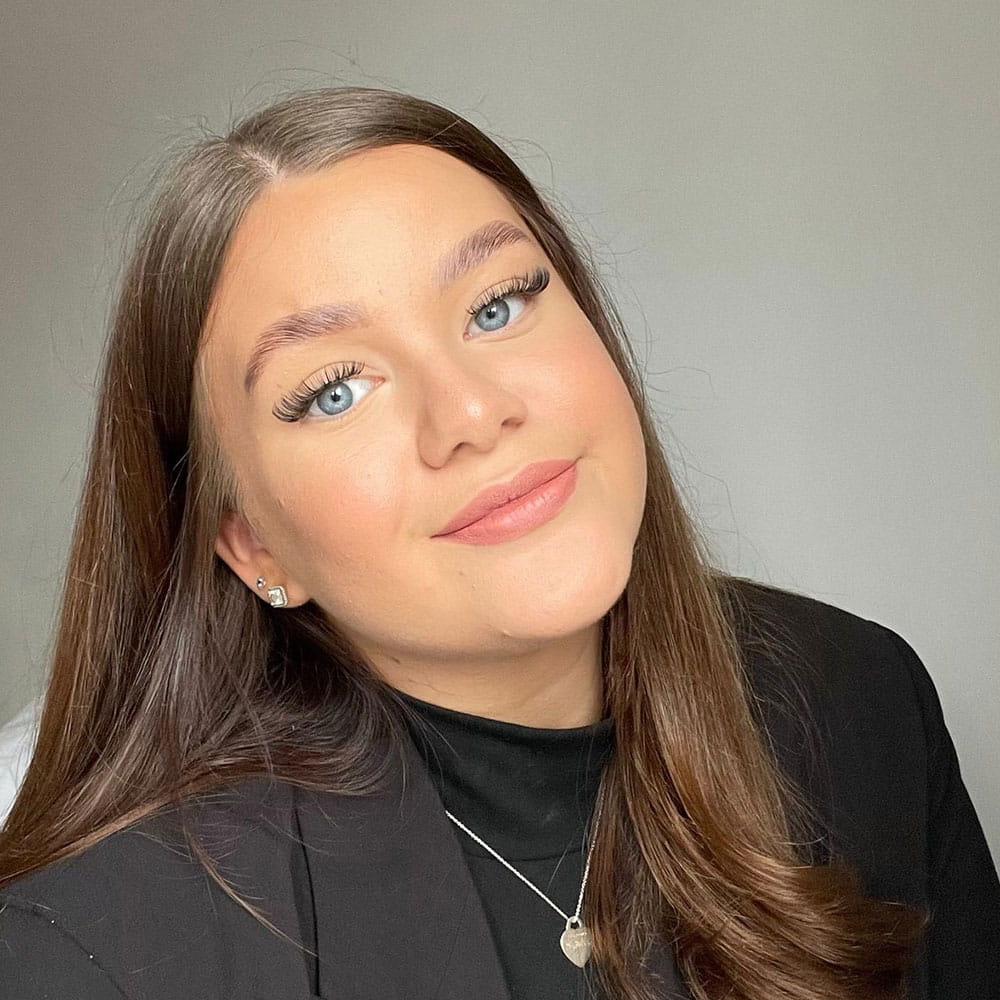A dyslexic perspective: my experience of studying at the University of Essex as a dyslexic student

Before we dive into my experience at Essex, I thought I would begin this blog by telling you a bit about myself. So hello, my name is Aimée, I’m 20 years old and I have dyslexia. I am a second-year student studying Sociology with Social Psychology, and I was diagnosed with dyslexia when I was ten years old.

For the majority of my time at primary school I had no idea that I had dyslexia or even what dyslexia was. I really struggled with reading, writing, spelling, and maths, which gave me lots of self-esteem issues surrounding my academic ability. At the time, I thought that I was simply just stupid, as I couldn’t keep up with what I was being taught even though everyone else seemed to manage perfectly well. I ended up getting a tutor to give me some hope of passing the 11+ and she was amazed that it hadn’t been picked up sooner. My tutor ended up being the one to carry out my dyslexia assessment, which unsurprisingly concluded that I was severely dyslexic. To begin with, I was really upset over my diagnosis and my primary school failed to acknowledge that I needed extra support, which left me with a very negative mindset surrounding my dyslexia.
Even after I joined secondary school, I still didn’t feel like I ‘got it’. My reading age was years behind my physical age, I couldn’t keep up with my peers and my negative mindset continued. Despite my love for education, I hated school and the fact that it made me feel stupid half of the time. I struggled to come to terms with the fact that 90% of my GCSEs tested my memory more than my actual skills, as my brain just didn’t tick that way. However, it was during this time that I got some really great teachers that could see my potential and who really supported me to improve my grades. Due to their help, my attitude towards my dyslexia became more positive and this pushed me to perform well. I went to every after school and weekend revision session and put everything I could into my GCSEs. Thankfully, it paid off and was a turning point for me regarding my feelings towards my dyslexia.
I began to research what it meant to be dyslexic and the strengths it gave me, rather than just focusing on the weaknesses. I soon came to realise that the reason that I always felt different was because I genuinely was different. The dyslexic brain does not work in the same way as a non-dyslexic brain and this knowledge really aided my understanding and feelings about my diagnosis. I found out that dyslexics are highly creative, good problem solvers and empaths, which were all traits that I could recognise in myself. I continued to expand my knowledge of dyslexia and the positive shift in my attitude and mindset began to show. In my History A-Level I went from getting D grades in my mocks, to A grades in my final exams, and this really pushed me to keep studying as hard as I possibly could.
This brings me to my transition to university, namely the best thing that I ever decided to do. When I was researching what universities to apply to, I had no idea that there was a university in Essex until a friend mentioned it. I watched a video on YouTube and was sold immediately, I just knew it was the place for me. After a campus tour, and a few conversations with students and staff, I felt so excited to start at Essex. Now don’t get me wrong, despite being excited, I was also absolutely petrified. I repeatedly asked myself: am I smart enough? Will I even get in? What if I feel totally overwhelmed? They were very real concerns for me. However, two years down the line, I can confirm that I had nothing to worry about and throughout my time at Essex, I have received nothing but support.

For current students there is a support network for you here at Essex. There are so many members of staff, such as your teachers, personal tutors, and Study Support Managers, who are all here to give you the help that you need. From my experience, it is definitely worth looking into what kinds of support you have at your fingertips. I didn’t make use of these resources during my first year, but it has made an active difference during my second year. For example, I recently had to write a huge essay about a very large book that we had to read, which filled me with anxiety. Although I have strategies to cope with my dyslexia, reading is still something that I struggle with as I am such a slow reader, so naturally I felt overwhelmed from the get-go. I decided to arrange a meeting with my lecturer to discuss my worries about the assignment and informed her of how my dyslexia impacts my reading ability. She was incredibly understanding, and we came up with a strategy to make the assignment more manageable for me. Her support was so helpful and eased my anxieties and I ended up getting a First in the assignment, which I was really proud of.
It is so worth talking to staff if you are struggling! Even if you are just in need of a chat to get clarity on an assignment, vent about your stresses or to find out about potential alternative arrangements, there is help available for you. For example, I had no idea about Disabled Student Allowance before speaking to my Study Support Manager (additional information available at www.gov.uk). You may also be entitled to things such as extra time on your exams, so I cannot recommend speaking to university staff enough. To add, when you submit coursework, you are also able to notify the individual that is marking your assignment of your diagnosis and they will be provided with the appropriate information to bear in mind when marking, so that you are not at any kind of disadvantage.
So, to conclude, all of these things have not only helped me in my academic progression, but also in my personal development. My ten-year-old self that cried over my diagnosis would have never imagined that I would have been able to get into university, let alone thrive there. I think that it is crucial for us dyslexics to be kind to ourselves. We are not stupid, or odd, or slow, we just process things a bit differently and that’s not a negative or something to feel bad about! One in five people are dyslexic. It is not uncommon, and it is not a weakness. It is a resource, and it can be creative and beautiful, and so worth having.

